Not all toddlers are created equal. There are so many reasons for your toddler to go from being the sweet snuggling little nugget to something that makes you question everything you thought you knew about children.
Understanding why they’re acting this way is half the battle. The other half is figuring out how to get it to stop for good. Consider this your guide to toddler tantrums and what to do when your toddler is hitting, biting, and acting out.
Some of the links below contain affiliate links, which means that at no extra cost to you, I may earn a small commission if you click through and make a purchase. You can read my fulldisclosure policy here.

There is No Such Thing as the Terrible Twos
Stick with me here…
I have two children 21 months apart.
We had a two-year-old and a newborn. And then a 3-year-old and a 2-year-old.
I can say with confidence that we never experienced the “terrible twos” or the life of a “threenager” because… we never looked at our toddlers as being “bad.”
All around me parents and friends were saying things like oh the terrible 2’s and oh isn’t 3 hard and I was like…I mean, sure? At times? But they’re 2! And they’re 3!
The truth is my babies were struggling through some of the most massive brain development they will ever have.
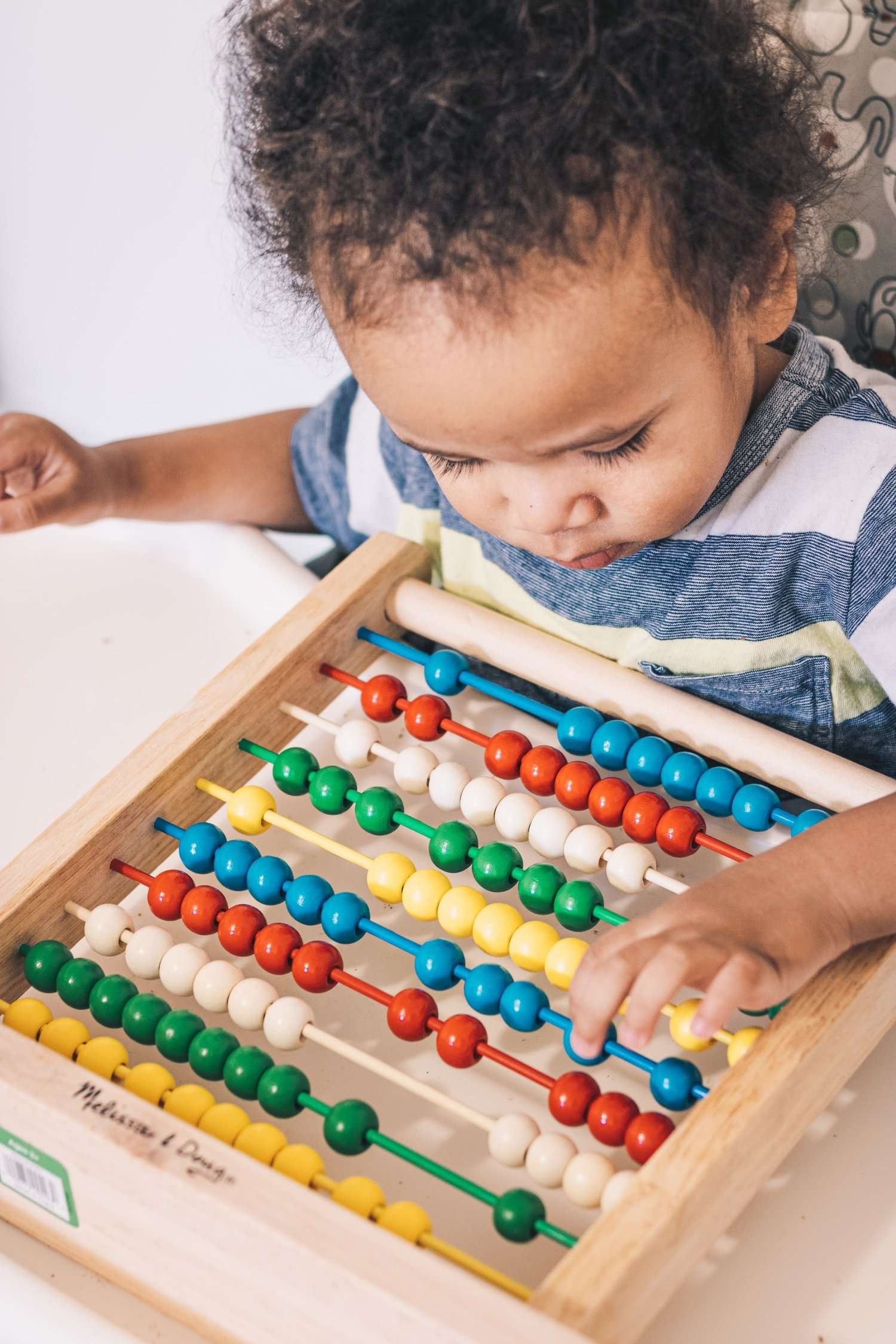
My mindset wasn’t about my children being bad.
It was about supporting them through this really hard time.
To me, calling a child terrible when they just don’t have the language to explain their feelings is amount to calling a cancer patient selfish because they require a lot of rest after chemotherapy.
It’s not cool.
Before you begin any reparative work on helping your toddler through their aggressive behavior please start with yourself and your mindset.
If you believe your child can be bad, you are (sorry, momma) at least half the problem.
Okay but wait!
Yes, your child can act out sometimes and it’s okay to glance at your spouse or your mom friends and give a giant eye roll all the way across the playground and back but the second you move into a space of acceptance that your “bad” baby actually needs help from you instead of a spanking or a time out, (we’ll get into that, I promise) the easier this whole thing is gonna go.
Empathy is the key here.
And patience.
And if you’re struggling to accept that then just remember your child is only going to be “little” for an incredibly short amount of time in YOUR life. Once they hit about the age of 4 or 5 they will start to shift and become better listeners.
This bit is temporary.

Make a conscious and mental shift into a space of empathy that understands that your acting-out child has no control of anything, the least of which is the ability to understand and act appropriately in every single instance on every single day.
Yes!
There will be days when your child is “awesome” and you’ll think for a second this could be the new normal, and possibly even be wooed by the romance of this.
Then the next day they’ll be back to hitting, biting, or out of control tantrums, but try to remember the acting out is the norm and the “good days” are the exceptions and you’ll set yourself free from disappointment. If it gets tough, try letting them play with sensory bins. Why sensory bins work is because it all

What Causes Aggressive Behaviors in Toddlers
Your toddler is going through some incredible growth right now.
The most they will ever go through in their entire life (more in the teenage years but at least then they have the language to argue with you in public then).
A toddler’s brain at the age of 2-3 years old is about 75% of the size of what their adult brain will be and yet, their cognition, their ability to form sentences of more than a few words, and their language are sorely struggling to catch up.
This is especially difficult in bi-lingual families.
In our daycare, most of the children who had consistent behavior “issues” were the bilingual kids, and while I’m not a professional I understand that a lot of their frustration comes from sorting through two different languages at the same time.
Under these circumstances, I’d feel like if a toddler ISN’T hitting, biting, or pushing then there may be something wrong with them.
Children who hit, bite, push, slap, and otherwise act out of pocket do so, often, because they lack other more peaceful ways of expressing the big feelings they’re having.
I’m gonna say this again: If your child is under the age of 3 it’s important to know that this behavior is not “bad” and they are not being “disobedient.”
It’s almost impossible for a child that young to purposefully act in a way that we adults would deem “bad.”
Instead, they are simply trying to communicate with us without having the language or emotional regulation maturity necessary to do so.
OR! They don’t think you’re listening to them.
In which case, hitting, biting, pushing, whatever gets the desired attention from YOU.
And when it works once, they’ll continue to do time and again hoping to get the same result (it’s gotta work again, right? Like it worked once, so it’s gotta!!).

Because toddlers will often resort to aggression as a way of getting something they’re going to continue to test their hypothesis on everything else that they want or don’t want:
food.
Not sitting in their chair.
A toy that another child has that they want.
Throwing.
Running away from you in a parking lot.
Mommy instead of daddy changing their diaper or taking them to the potty, and literally everything else.
If it worked once, it’s gotta work again…. again!?
Simultaneous to this, you may begin to notice that your toddler’s aggressive behavior peaks when they aren’t able to be the best version of themselves.
If they’re tired. Hungry, (hangry!) stressed, annoyed, worried, or generally not feeling well and they’ve had any amount of feedback (i.e. hitting has worked in the past) then you’re looking at a hungry, tired, violent child who will just continue to resort to and escalate with violence.
As you work to help your child reduce their aggressive tendencies please make sure they’re well-fed and well slept.
This will help you SO FORKING MUCH.
And, btw momma…healthy food (and not pulling from the Goldfish buffet all day long) is ideal.
Here are some tips on helping your picky eater toddler.
And some tips on getting your child to sleep.
(Please note that the last post is geared toward newborns but there are definitely tips in there that are perfect for older kids, namely subscribing to the sleep lady shuffle and the pause).
If you put yourself in your toddler’s shoes it makes sense that an easy way of getting what you want is simply hitting, pushing, throwing, whatever.
As an adult, when you feel powerless, sometimes the only thing that feels good or at least gets you the response you want is to be aggressive af.
For your toddler, your reaction and consequences to their behavior matter and create a domino effect.
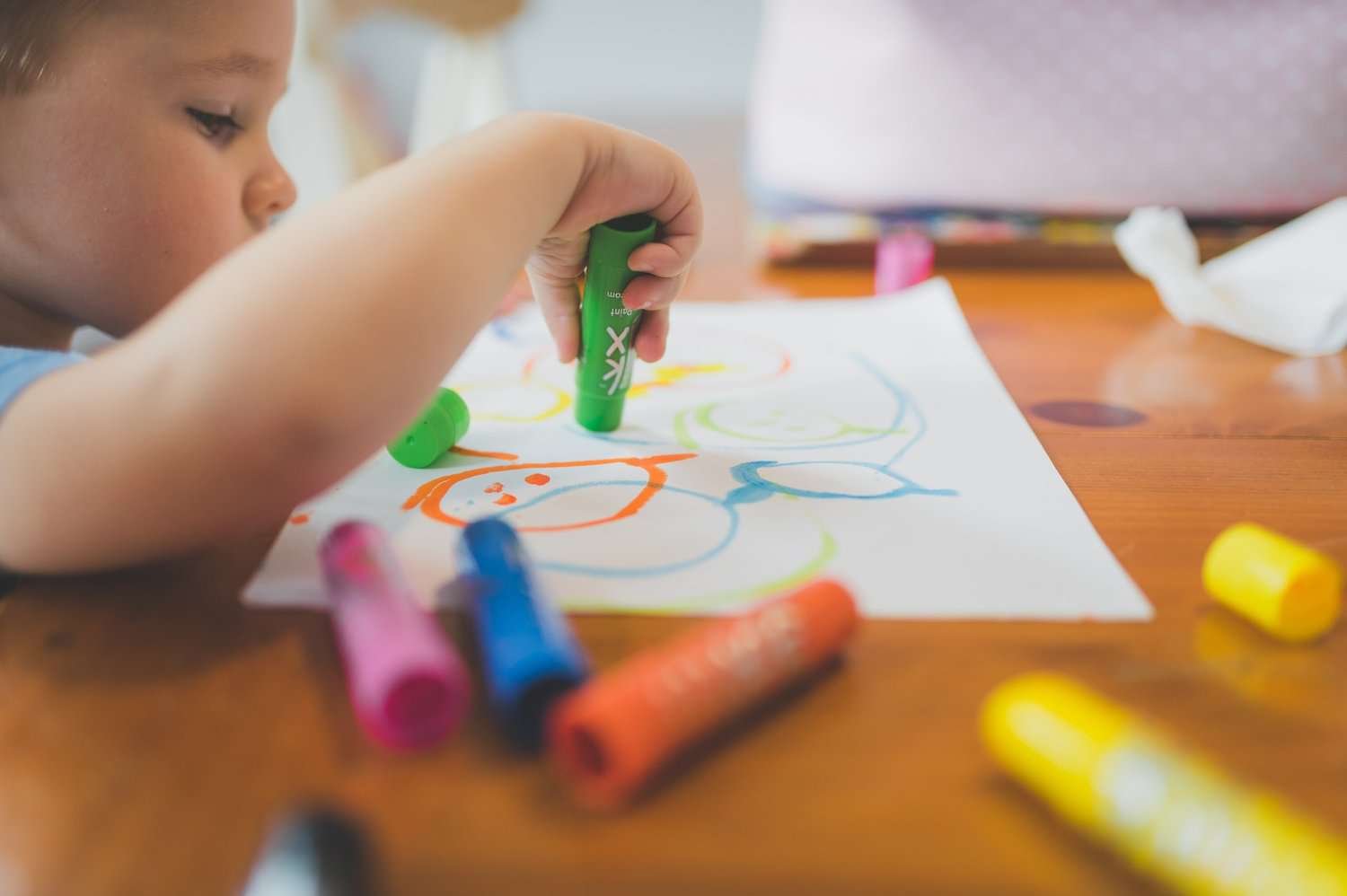
Aggressive Behaviors in Toddler and the Connection to the Brain
According to a theory developed by American neuroscientist, Paul Maclean, the “lizard brain” refers to our most basic instincts of survival and fight or flight.
All of us have a modern day version of this “lizard brain” at the base of our cortex. A relic from evolution when we weren’t quite as good at thinking, speaking, and behaving as reasonably as we are today.
Your toddler’s “lizard brain” is highly developed and easily accessible especially in these early years as the rest of their brain is trying to catch up exponentially every single day.
For a child who may feel threatened in any way, they will instinctively fall into a fight or flight mentality triggered by their survival/lizard brain.
Yelling, thrashing out, fighting, running away, pushing, biting and hitting are all examples of this. When chaos ensues, you may be left wondering is having a second child worth it? Well, do not fret. Just understand.
When a child is actively behaving from this part of their brain they physically and emotionally cannot respond to reason, and further aggression, threats, or escalation of emotions from you will intensify the emotional fight or flight response.
That’s why, for example, when you yell at your toddler to stop hitting their sibling they turn to you and start hitting you instead of, you know. Stopping.
I know this may sound counter-intuitive, but The ONLY way to stop the undesirable behavior is to become as unthreatening as possible.
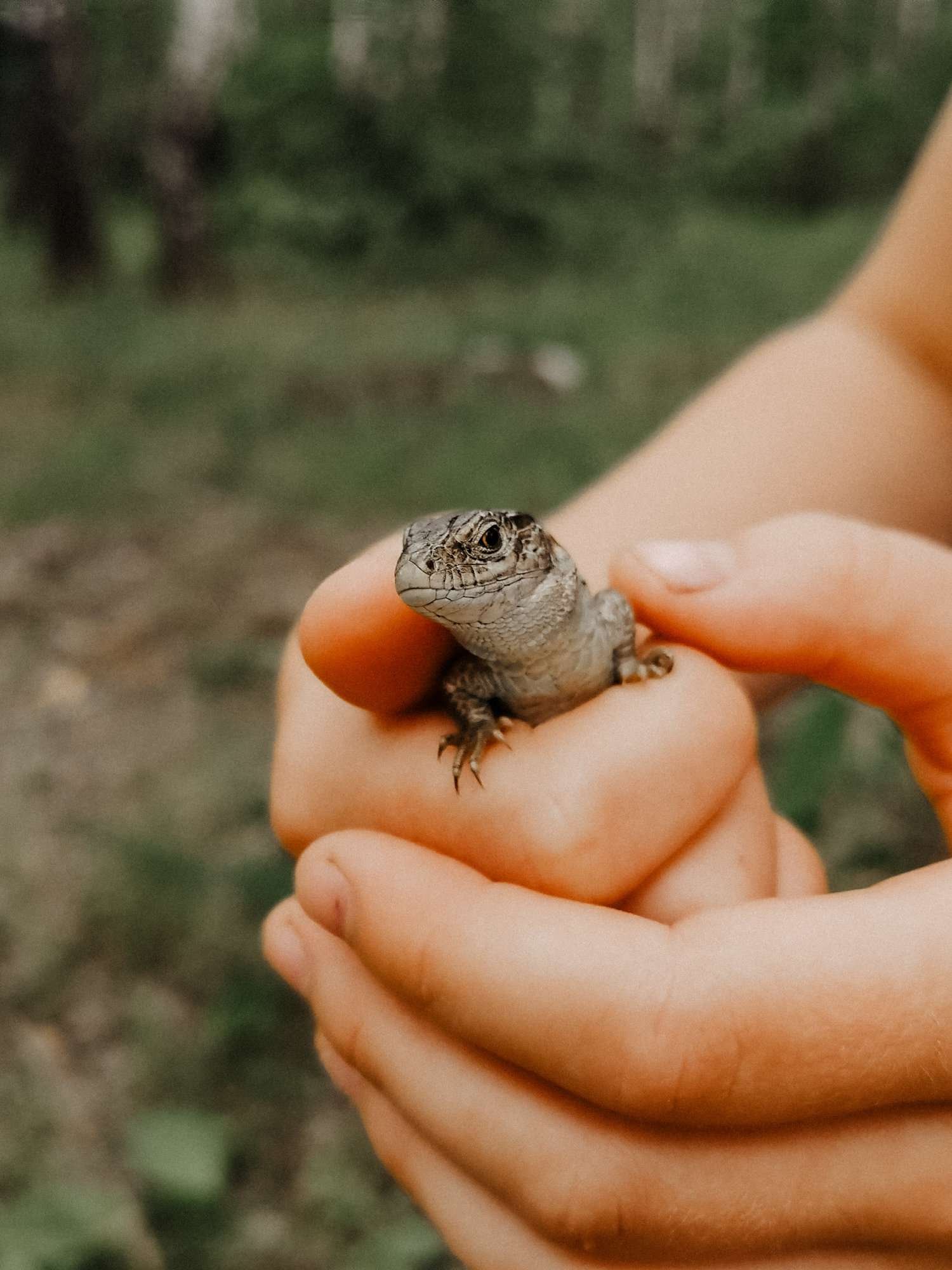
How to Stop the Aggressive Toddler Behavior
I’m linking toddler biting, toddler hitting, toddler pushing, shoving, pinching, scratching, and even toddler tantrums and yelling under one umbrella of “aggressive” behavior because at the end of the day the reason many toddler’s act this way is the same.
And how to deal with an aggressive toddler involves utilizing some similar techniques.
How to Stop Toddler Hitting
In our house, this means removing the hitting child from the stimulation or situation, wordlessly if possible, and quietly sitting with them in a safe place where they cannot hurt themselves or someone else while we wait for them to “come down” from the aggressive behavior.
Sometimes it’s helpful to pretend that your hitting toddler is like a wild animal.
The only way to become non-threatening in “the wild” is to get as low and as submissive as possible.
For example, my husband and I have just held our children or laid down next to them on the floor while they thrash around (safely, making sure they can’t hurt themselves).
We do this silently.
Often not speaking a word until they have completely calmed down.
More often than not, while it feels like it may last forever, it’s only been a few minutes.
And our child, snapping out of their lizard survival brain sees us and instantly wants comfort because they feel SO out of control of their body, their mind, and barely understand what happened.
We usually hug at this point.

How to Stop Toddler Biting
Let’s go a little deeper into this particular behavior as it can be one of the hardest and often the most frustrating to deal with.
While many of the reasons I’ve outlined above could contribute to a toddler biting, it’s important to rule out some physical changes that your toddler may be going through as well.
Here are some reasons that toddlers bite:
- To feel relief from teething pain
- To test boundaries of cause and effect (what happens if I bite?)
- Feel the sensation of biting (it can feel GOOD to a toddler)
- Satisfy instinctual oral-motor stimulation
- Imitate other children (or even adults)
- Get attention
- Self-defense from a perceived threat
- Communicate when language doesn’t work
- When they’re hungry, tired, or hangry
- Out of fear (there are too many people, over stimulation, etc)
Identifying the triggers for your toddler biting behavior is a massive first step to preventing it from happening again.
Because biting can be so particularly stressful it’s important that you follow all of the above suggestions for dealing with toddler aggression.
Be sure you have plenty of “okay to bite” items around.
Here are a few that you can have in a car, in the play area, in your diaper bag. Etc.
How to Stop Toddler Pinching
Pinching is one of those other aggressive toddler behaviors that feel like they come out of nowhere, startle you, and let’s face it: Effing hurts!
Everything above needs to be applied when dealing with a pinching toddler.
But here’s one more tip that applies to the hitting and the biting and the pinching.
Move into the pinch or the bite to release it.
This may feel counterintuitive and will take some practice (but if you’ve got a heavy pincher lucky you!)
Instead of pulling from the pinching, which allows your toddler to grasp harder (and thus make you react more) push your arm, leg, body against it. Move into it.
This action will force the child to release slightly and you can remove their hand from the area that’s being hurt.
When it comes to biting, you may have to stick your finger or side of your hand into their mouth to get them to release.
Try not to react by moving the body part away from the bite. This, too, will make your child chomp harder.
Push into their mouth in some way.
This is so much easier said than done especially if it’s a surprise.
But if you’re here, then you need to get in the mindset that your child is gonna bite you and visualize yourself pushing their mouth back (gently. Not too hard!) to get them to stop.
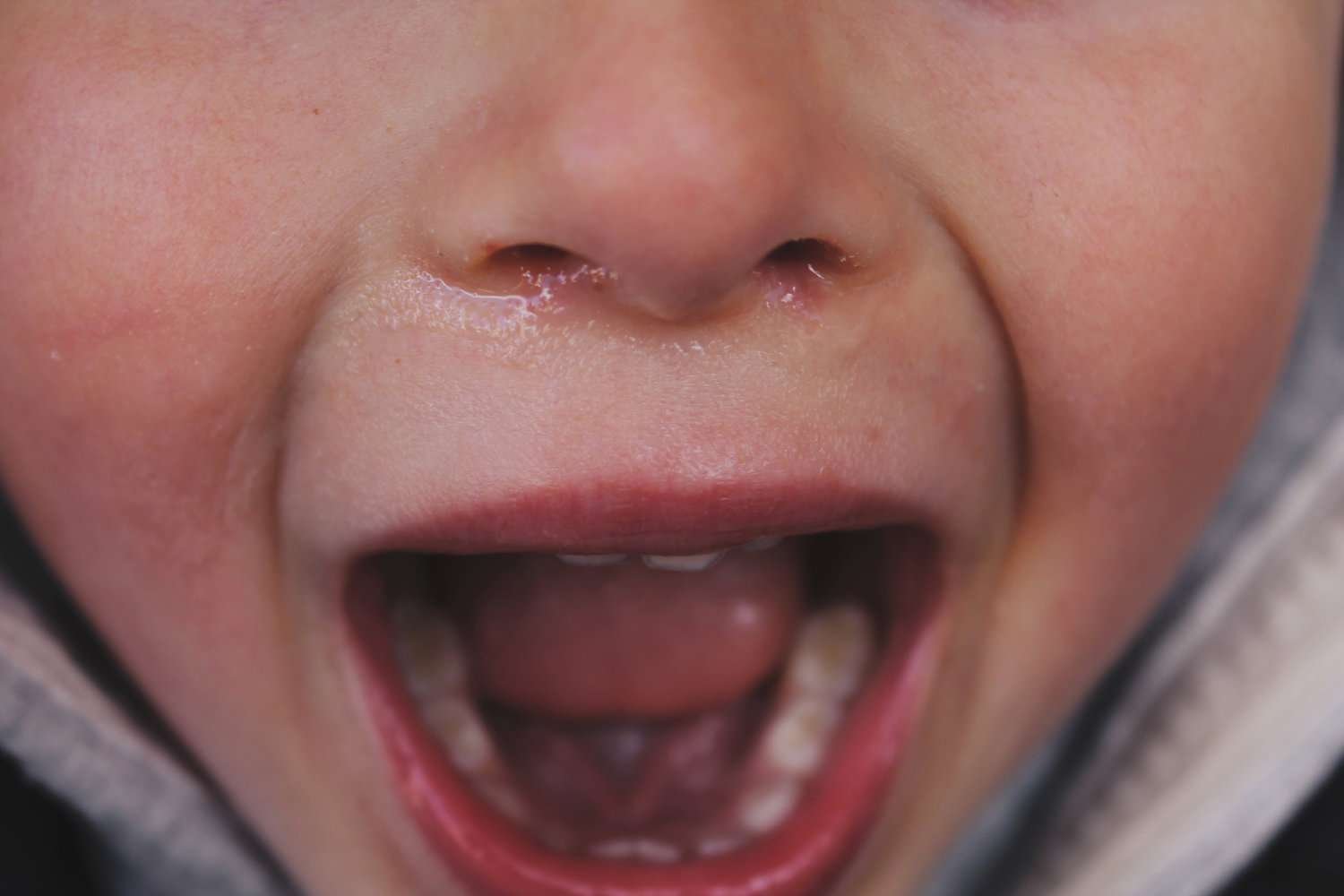
How To Stop Toddler From Hitting
This is tricky because for a toddler to hit you can feel really awful. It can be hard not to take it personally.
You cannot, sometimes, help your own instincts to grab or hit or yell or act out defensively yourself.
Your fight or flight instinct has also kicked in.
This is SO hard. And I am so empathetic to you!
But it’s essential to stay calm and use very little emotion.
If your child hits you, 9 times out of 10 they are looking for a reaction from you and when you indulge him by reacting in any way, you create a pattern that he will try to repeat.
The only way I can “not” react is to be totally silent.
I force myself to be like a ninja, move swiftly and silently, and not speak a word. If I open my mouth, words will come out that I will regret so when my child tries to hit me I stop him if I can, and move him to a safe space, silently, until he gets all the aggression out of his body.
Practice Name It – To Tame It
I’m going to let child development expert and author of several toddler and children discipline books, Daniel Siegel explain this. Cuz it’s his thing:
Prevent Toddler Agression Before It Begins
Now that we know why your toddler is acting out and how to deal with the hitting, biting, and other undesirable behaviors, let’s talk a bit about how to prevent it from happening again.
This may may be a slow process to undo. After all, your child has been rewarded so many times for the unwanted behavior that to teach her something else is going to require you to reach into the Mary Poppins bag of patience and stick-to-it-ive-ness.
Or you may be able to “nip” it from the jump.
As a DGAF mom, my whole thing is all about picking and choosing what is important to give attention to in my life.
When we had a child who was hitting and generally being defiant, working to temper this behavior became my sole focus.
I believe strongly that doing the work and dedicating myself to what needs my attention at this moment in time saves me anguish and emotional energy down the line.
Before you begin to strategize about how to deal with your aggressive toddler have these three things in place:
- Strong solid routines: For example, a firm bedtime routine that goes in the same order every night and is at about the same time.
- Age-appropriate activities for your child to express energy and also find calm: My son’s teacher likes to play a lullaby after lunch to get the class to “settle” before going back to work and this song has become our song before bed as well.
- Provide items for your child to direct their biting or hitting: Teething rings, toys, or other objects (blankets even) so that if the child DOES feel the need to bite or hit they can direct it at something else.

Steps to Prevent Unwanted Aggressive Toddler Behavior:
1. Identify your Child’s triggers.
If your child is easy to anger by being hungry, tired (what toddler isn’t tho?) get used to having snacks on hand at all times.
Start pretending your child is a ticking time bomb waiting to explode if her blood sugar drops even the slightest.
Other triggers could include stressful situations (at a new place) stressful people (a cousin who is particularly aggressive) or things like a general “not getting his way” and anticipate that situation.
2. Make a Plan and Stick to It
Come up with a plan, and then talk about the plan with your child.
This may seem silly at first because your 2-year-old may only have a few words in their arsenal but they understand far more than we give them credit to.
Kind of related sidebar: I am learning Spanish at the moment. I cannot speak it with any confidence but put me in a room with Spanish speakers and I understand about 60% of what is being discussed.
Toddlers are the same. They understand so much more quickly than they can speak.
Give your kid more credit.
And assume that they know exactly what you are talking about.
In which case, your plan may look something like:
Some children are easily overwhelmed by new surroundings and new people. Taking a beat to get comfortable in a new setting can set them up for success.
“When we get to the park we’re going to take a break and look at all the kids playing, what they’re doing, and decide what you want to play with first before jumping right in.”
The same is true when your child starts to feel that uncomfortable need to hit bubbling up.
“When you feel like you want to hit someone, I want you to hit your leg instead.”
“When you feel like you want to bite something I want you to scream instead”
Give them positive places to put that feeling and energy.
Give them a plan to redirect the energy. The need to bite or hit won’t go away, maybe for a long while. Help them find a safe place to put it somewhere.
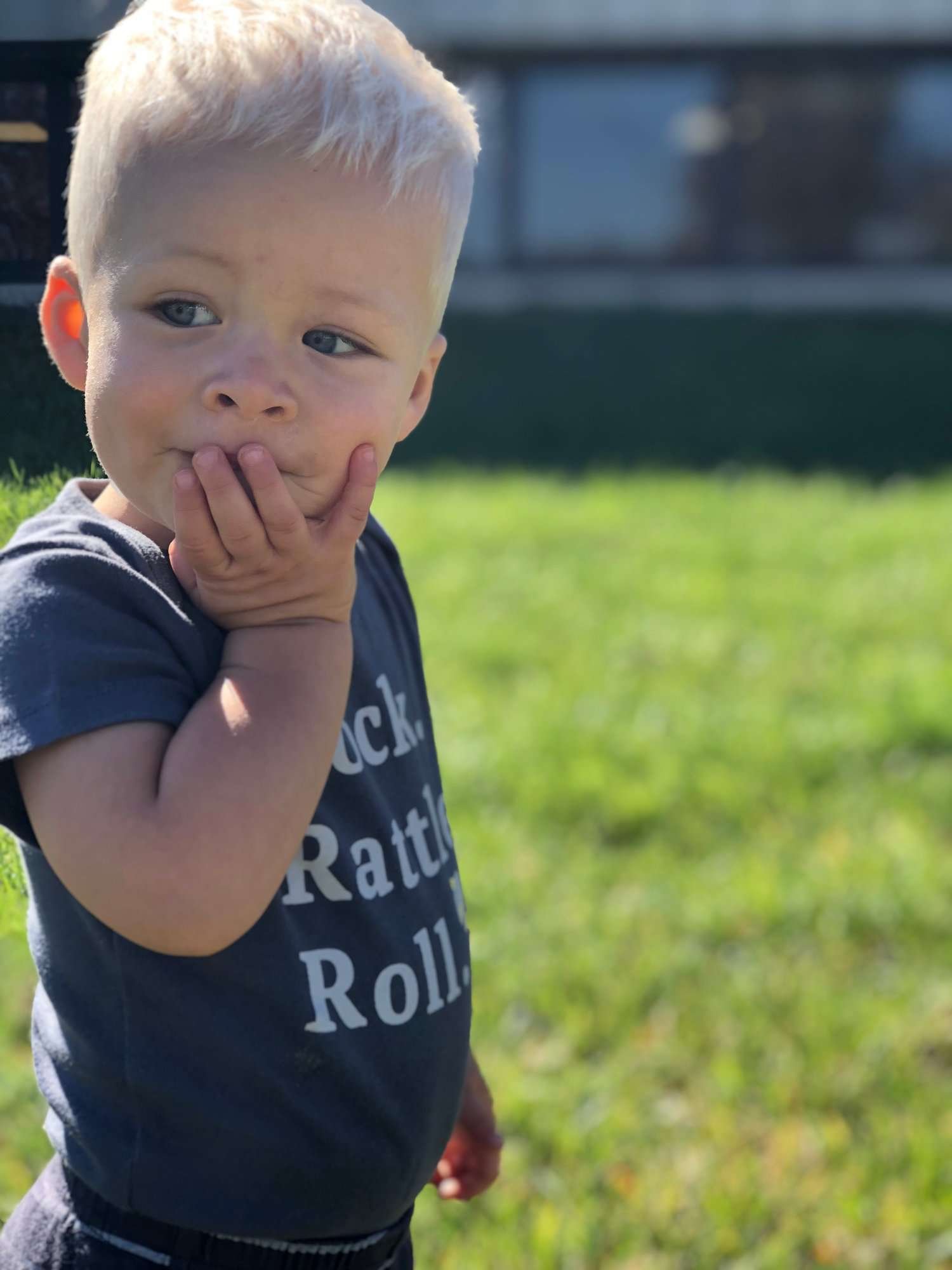
3. Rinse. Repeat. Shift if You Need To.
Shift your plan according to how your child responds.
Adapt.
Identify new triggers.
Repeat desired behaviors.
And most importantly be consistent.
The fastest way to derail any success you have is to “take a day off” or to believe that they’ve “got it” when they don’t.
Hammer your new desired behavior home for months if you need to, and wait for your child to surprise you with how fucking awesome they really can be.
It’s important that you talk to any childcare providers and get them on board with the plan as well.
Anyone who deviates from the plan is gonna it up for you and all that hard-earned progress.
You are training your child to be a badass about their emotions, and figure out how to control behavior that seemed uncontrollable not too long ago.
Your teachers, babysitters, and grandparents will appreciate it too.
But you gotta get them the fuck on board or this process will just take longer (and become more and more frustrating).
If everyone around your toddler is saying the same thing, this will feel like the only accepted behavior.
And thus, the only way of life for them for a while.

How to Respond After the Toddler Aggression
In our home, the first response after our toddler comes down from acting aggressively is to offer a hug.
Your child doesn’t like that they acted like this any more than you do.
And once they recover from the adrenaline rush they need to feel supported and safe again
A hug is almost always going to provide that.
I know it may seem totally counterintuitive to hug your child right after they were hitting or thrashing or biting.
You may feel as if you are “rewarding” the bad behavior.
This is when it’s important to remember they have very little control over what just happened. This is not something they consciously chose to do.
They have been taken hostage by a primordial part of their brain and when you “get them back” hug them as if you’ve just rescued them from falling off a cliff.
Practice comfort. And watch your child’s behavior improve dramatically.
We also work hard to teach our kids to take deep breaths:
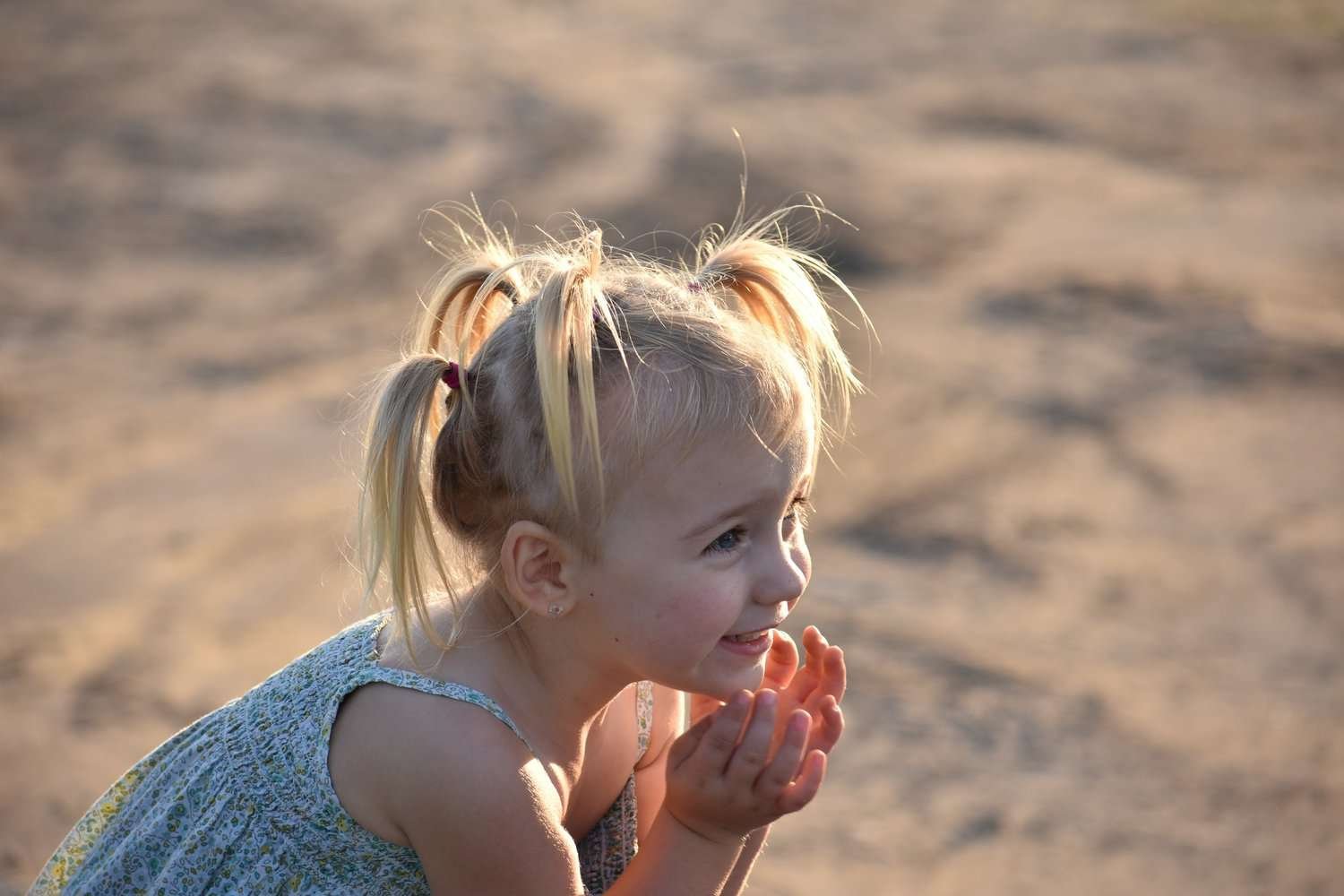
Practice Three Deep Breaths.
We do this by asking them to blow air in our faces.
Or to blow an imaginary candle out.
Blow flowers off a stem. Blow a piece of hair off your finger. Improvise if you have to.
Then do it two more times.
The deep breath thing works, and now when we ask our 5 and 3-year-old to take three deep breaths they do right away because they’ve learned first hand how it feels in their bodies to help themselves calm down.
Teach them this important stress management tool now because it will take them through adulthood as well.
You can also teach your child to practice belly breathing. Here’s a really silly video but it’s right, on, the money.
Have a Post-Mortem About the Toddler Aggression
Please don’t just get your kid to calm down and then move on and hope it never happens again.
In the medical community when something goes wrong, like, someone died who shouldn’t have. Or something bad happened on the surgery table, the doctors and nurses involved will have a post-mortem meeting where they talk about the entire event and try to pin point where things failed.
When they identify and learn the failure point they can better prevent it from happening again in the future.
Do this with your kid after every. Single. Aggressive. Event.
I don’t care if you’re late for a meeting.
I don’t care if you’re late for school.
If you want to end this behavior you can spend an extra five minutes having this chat, or the next 5 months dealing with your child continuing the unwanted behavior.
Once our kid calms down completely from an aggressive event, that’s when we talk about what happened.
Talk about when and what happened and if you didn’t see it then ask questions and pay attention to yes or no answers.

Then when the “what happened” is over, make a plan for how to handle it differently the next time:
We use words like “in our family, we do not hit our brother.”
Daycare providers could say “in our class, we do not hit each other.”
Framing it with a group hive mindset and “we” can help the child feel less threatened as well.
When you attack the child for the behavior they will instinctively (fight or flight) and become defensive again.
And the cycle continues.
Reminding your child that “we do not hit” as a general statement helps them remember what is expected of EVERYONE in your home.
I’m going to go out on a limb and say something that may need to be said.
If an adult is hitting anyone in your home, it is unrealistic to expect that your toddler will not hit other children.
They are simply modeling what they see and repeat what is accepted behavior.
Please consider speaking to a qualified professional regarding the dynamics within your family and consider a domestic violence shelter if this is indeed a prolific issue.
To start, I highly recommend the platform Better Help – You can be matched with a qualified therapist and have therapy at a time that is convenient for you. Over the phone, via video conference, or even via Text!
What About Toddler Time-Outs?
Generally speaking “time outs” where a child sits alone and is meant to “contemplate” what they’ve done wrong do not work for children under the age of 3.
I’d argue they don’t really work for children under the age of 4 either.
Let’s go back to your toddler’s growing brain for a hot second…
They do not have enough brain development in the pre-frontal cortex for reason to supersede emotion.
And as a result, they don’t have any incentive to follow our rules or even understand why we put them in place.
While many parenting experts advise parents to use time outs it needs to be carefully assessed based on your child’s temperament, age, and the circumstances.
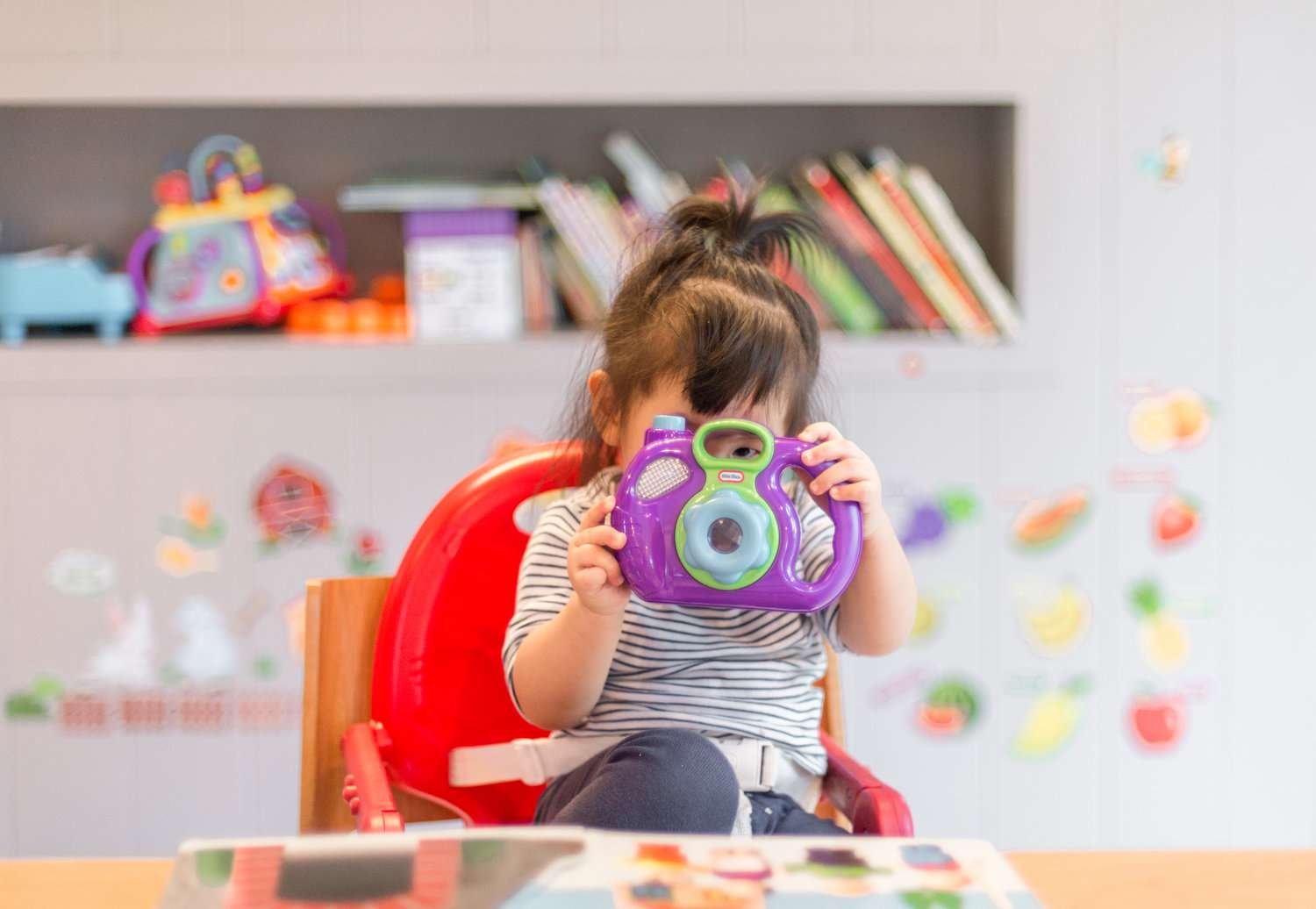
Timeouts seem like they SHOULD work.
But, instead, what many parents of children under the age of 4 end up actually dealing with is a power struggle and another way for their toddler to garner the attention they wanted.
Furthermore, when you leave a child alone they are instead focused on a feeling of abandonment by their parents when they are most vulnerable. I.e. in survival mode or in their lizard brain.
This can erode the parent-child relationship while simultaneously NOT improve the behavior.
In this study conducted by the National Institute of Mental Health, it concluded that timeouts can promote a toddler’s sense of cooperating, but only temporarily.
The children in the study ended up misbehaving more than children who weren’t put in timeouts, even if the parent spent some time talking with them after.
The authors of the study concluded that timeouts promote a very unintended consequence of “love withdrawal” which leads to children misbehaving MORE.
The results aren’t surprising though.
Children need to feel safe and attached to their parents even when they’re acting out and misbehaving.
Especially when they’re acting out and misbehaving.
In fact, this may be when you need to be the MOST available version of your parental self.
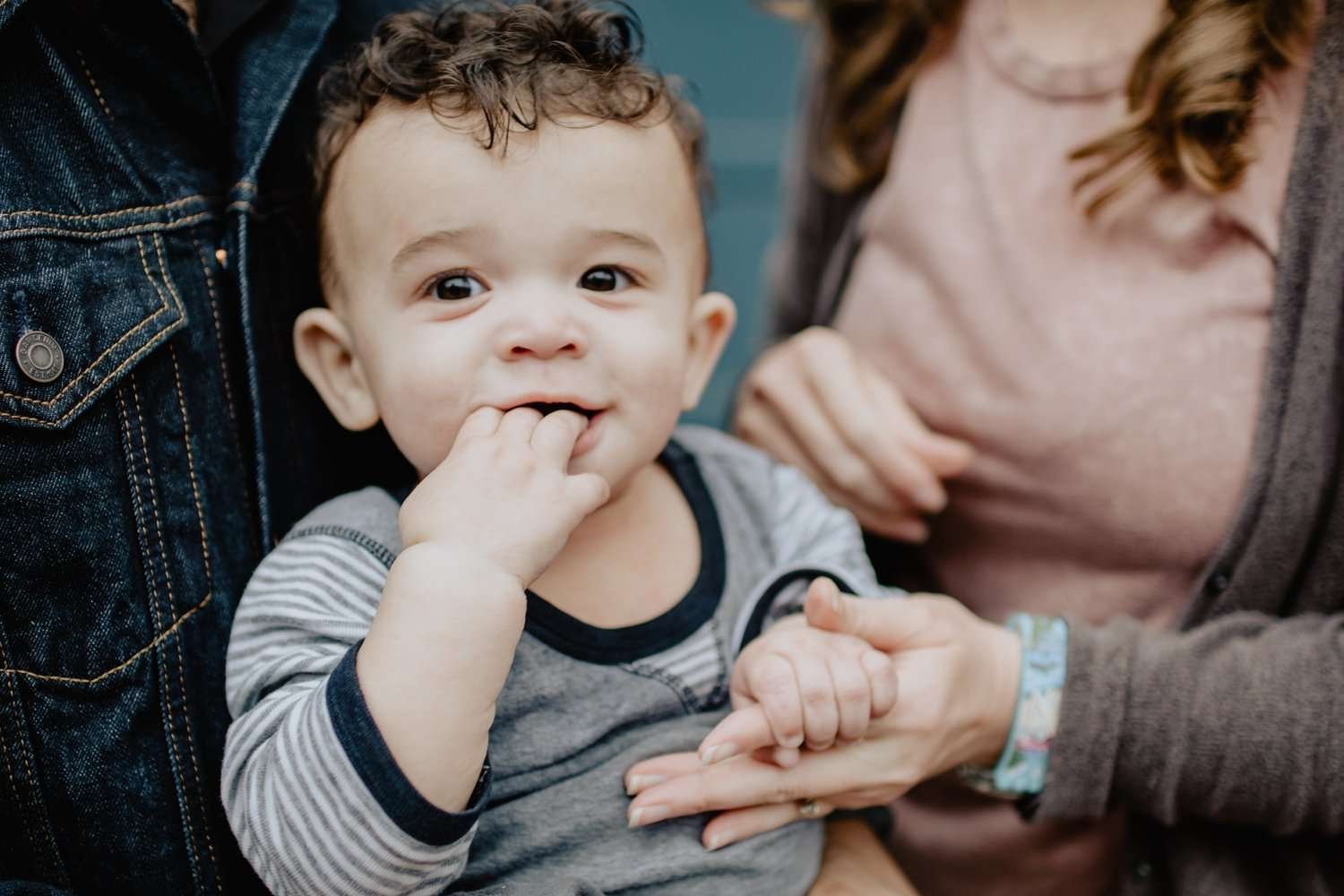
Practice A Time-In Instead
In our house, we don’t do time-outs but rather a time-in.
Similar to how to deal with the toddler aggression above, we have a designated space (on the staircase) where we sit with our toddler and allow them to cry, thrash, and scream if they need to for as long as they need to until they calm down.
We tell them in a low nonthreatening voice, “I’ll wait for you to calm down and then we can talk about it” or “It’s okay to feel angry and sad.”
In this way we have removed them from the undesirable behavior but also are present and witness to their feelings of being out of control.
Which helps them learn how to self regulate over time and practice.
Another hot tip, especially for the younger toddlers who don’t have enough language yet, is to narrate the feelings (aka validate them) i.e. like the video above: name it to tame it.
You can say something like:
“When he took that toy it made you very angry. And when we’re angry we sometimes can’t control our body and hit or bite.”
“When I told you to come sit down for dinner, you were still working and didn’t want to stop so you got frustrated and angry.”
“It’s not okay that your brother hit you first, but I can understand why you would be angry and want to hit him back.”
Showing empathy, compassion, and patience will get you the results you want.
You catch more flies with honey…ya know?
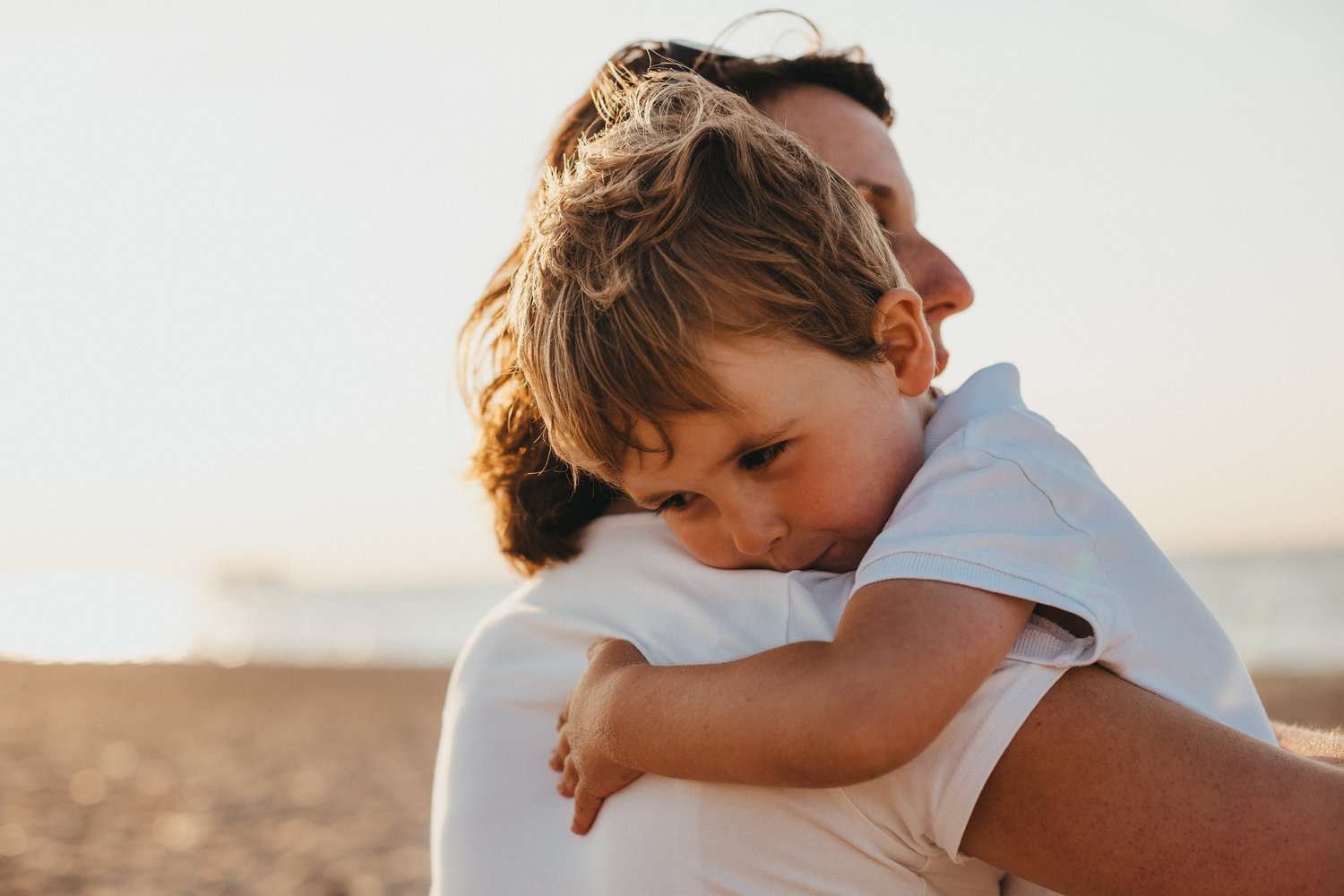
A Word About Spanking Children
It is 2022.
Just because you might have been spanked and “look how great I turned out” is not a good enough reason in my opinion to spank your child when they are acting out.
Study after study proves that children who are spanked have a harder time regulating emotions, continue to escalate unwanted behaviors, and are more likely to exhibit depression, anxiety, drug use, and aggression as they get older.
If you turned out fine and you were spanked it’s likely not because of the spanking but because of “other factors.” I.e. you got lucky.
Also, respectfully…are you really fine?
Because in certain circles fine is an acronym for : Freaked out, insecure, neurotic, and emotional.
Children of parents who weren’t spanked also don’t tend to spank their kids and are handling their children without the need for physical punishment just fine.
Nearly 30 years of studies have proved time and again, that spanking just doesn’t work.
Okay so maybe it works in SOME way.
As in creating yet another power struggle, and getting your child’s attention but at what cost?
If you’ve done this at all… we need to have a bit of a tough-love chat here.
It’s time that you learn how to regulate your reactions and emotions and find a non-physical way of engaging with your toddler.
Like the suggestions in this post.
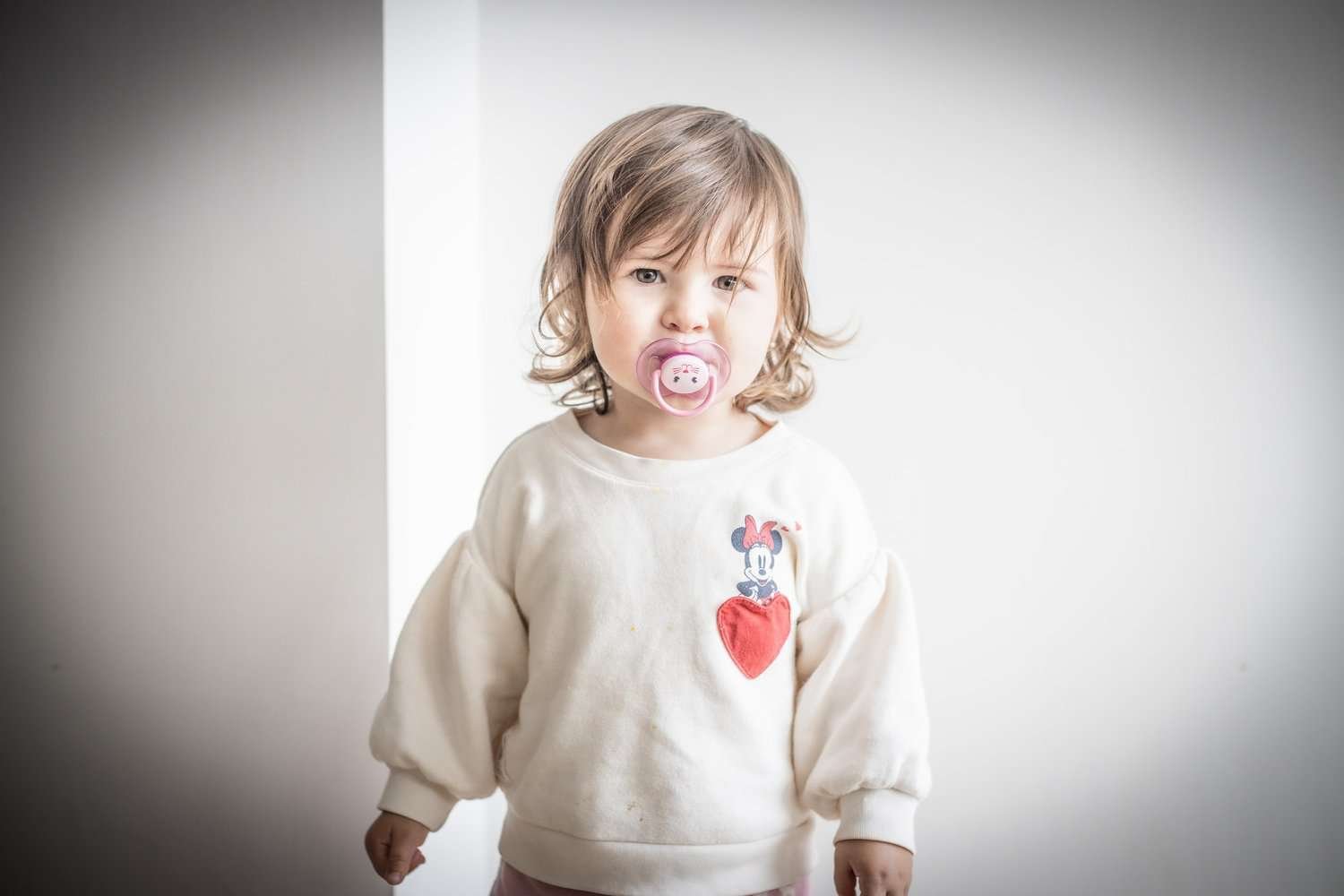
Don’t Use Me As a Substitute for Professional Help
Look, I love that you’re searching the internet for answers on how to deal with your aggressive toddler, because it brought you to me and if there’s nothing I love more it’s smart, inquisitive readers looking for answers.
But at the end of the day, there could be a lot going on with your child that Google and Pinterest aren’t going to be able to solve.
Some of the best books on the subject matter are linked below and I hope you use this article as a “window” into your toddler’s world and not the end all be all solution of what to do.
The more you educate yourself and understand your child and how and why they do things, the better off you’ll be as they continue to grow and develop well into the teenage years.
When you bring a child to see your pediatrician or another health professional they will first attempt to rule out any physical reasons for the aggressive behavior.
They utilize a sort of checklist including their diet, sleep, and often may ask the parents to schedule a complete physical to have the child’s general health evaluated.
If you suspect there could be more to this aggressive behavior in your toddler (they may be displaying other “symptoms” for example), it may be worth having your toddler evaluated by a professional.
They can rule out any other potential reasons for the aggressive behavior including if they may be on the autism spectrum if they have a processing disorder, or other potential physical, mental, or emotional reasons out of their control for their acting like total and complete dicks.
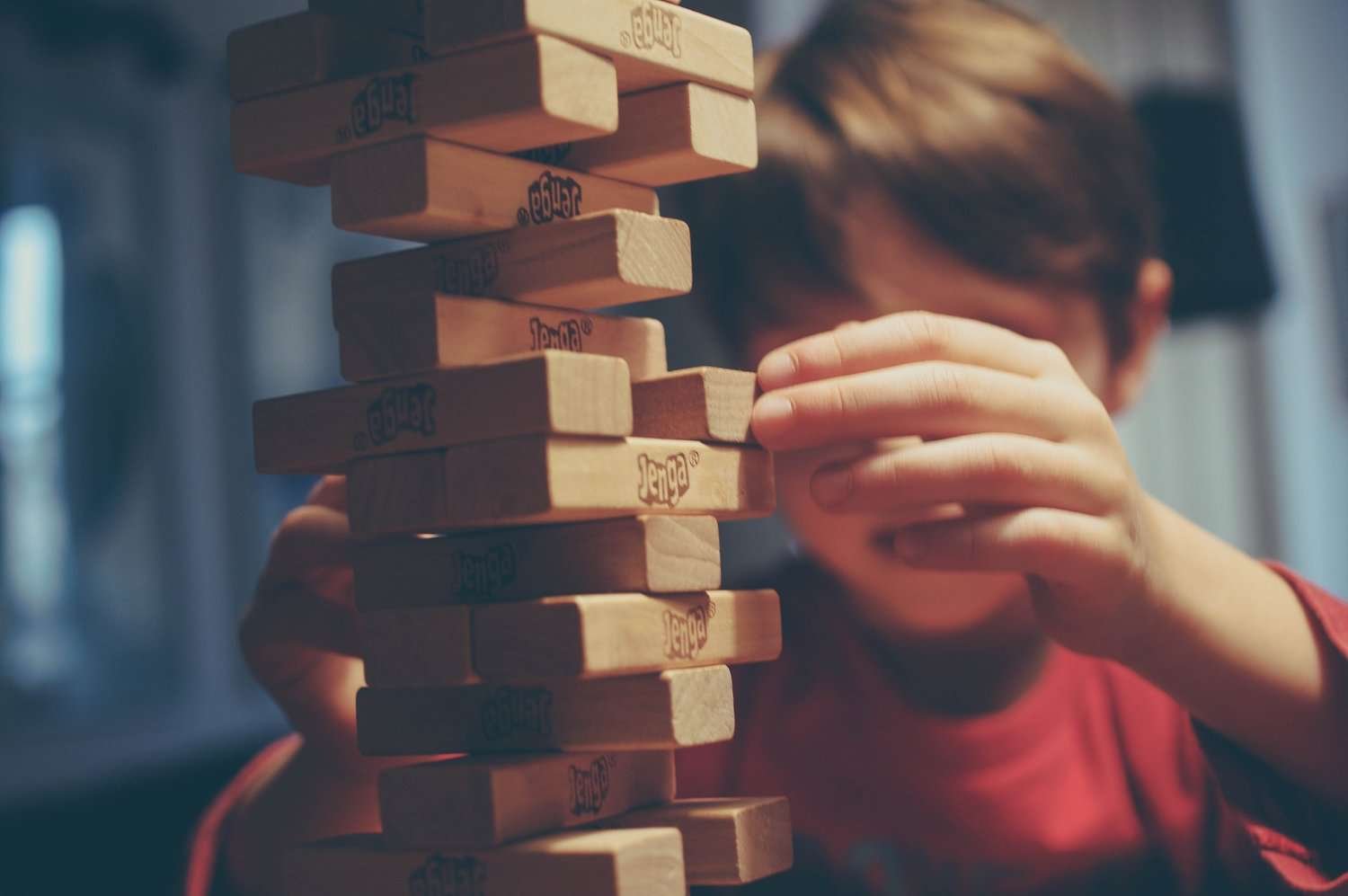
Get Your Reading On
Momma. You need to read these books about toddler behavior.
You will be the hit at the next moms night out because, girrrrrlllll if you read these books, you too can become back seat expert in toddler behavior;).
The Whole-Brain Child: 12 Revolutionary Strategies to Nurture Your Child’s Developing Mind

The Whole-Brain Child: 12 Revolutionary Strategies to Nurture Your Child’s Developing Mind
By Siegel, Daniel J., Bryson, Tina Payne
No-Drama Discipline: The Whole-Brain Way to Calm the Chaos and Nurture Your Child’s Developing Mind

No-Drama Discipline: The Whole-Brain Way to Calm the Chaos and Nurture Your Child’s Developing Mind
By Siegel, Daniel J. J., Bryson, Tina Payne

Another Reason for Toddler Agression
Is your child getting enough sleep?
You know this, having been in the trenches very recently of night wakings and nights where you’re lucky to get a solid 4 or 6 hours in a row.
It’s incredibly difficult for us to regulate our emotions postpartum (hormones!) and even more so when we’re fucking tired.
The same is true for your toddler.
And shockingly, sleep apnea goes undiagnosed in many children until they are well into their almost teen-age years.
In fact, most sleep apnea cases are misdiagnosed as ADHD in what’s believed to be about 40% of the cases.
Many of your children’s behavior issues may resolve on their own, once they get a really good full night’s sleep.
Make sure your child is well fed and well slept and then you can start to get deeper into the aggressive behavior.

Channel Your Inner DGAF About Your Toddler’s Aggressive Behavior
Dgaf (the name of this blog) stands for “don’t give a fuck.”
In this case, I like to flip it and make it about the fucks you need to give to help your toddler deal with their emotional well being in a way that is constructive and emotionally healthy.
Spend some time reading the recommended books, talking to your pediatrician, and make a plan for how and what to do with your baby boo.
Do you have any other tips for how to deal with an aggressive toddler? Comment below.

Other Content from the DGAF Mom
Kid Not Listening? Helpful Tips for How to Talk So Kids Will Listen
12 Tips to Prepare Your Toddler for a New Baby
Sensory Activities for 1 – 2 Year Olds
How to Prepare Your Whole Life for a Toddler and a Newborn
Wanna Have a Second Child? Here’s What You Need to Know
How to Help Your Little Boy Remember to Lift The Seat
Bye Bye Binky, How to Wean the Pacifier with No Tears and No Drama
